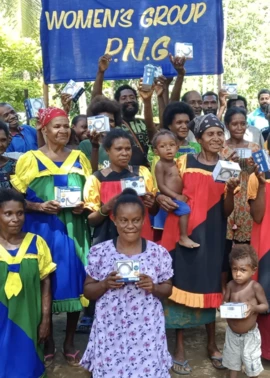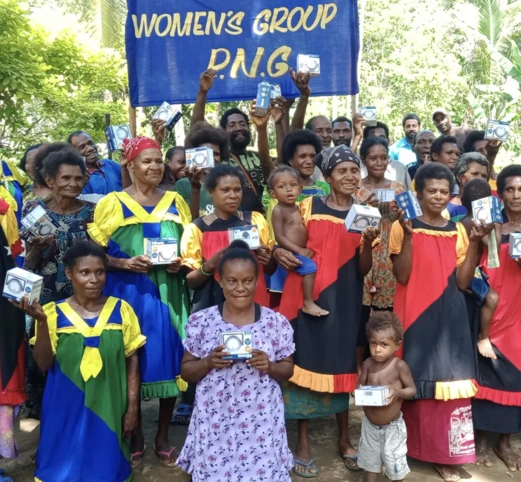Megan is a Project Officer for CARE International, running and delivering gender-equity and diversity workshops in remote areas of Papua New Guinea. The project targets communities where traditional gender roles are often enforced. In 2014, Papua New Guinea ranked 140 out of 155 on the Gender Inequality Index, and in rural areas men often hold onto traditional cultural practices where tribal discipline, power and authority lies with the men (1).
Megan’s workshops enable women to have increased power across economic, political and social spheres at their community level. The research aspect of the “Girls Education – PKS Project” has identified that in remote regions, girls are less valued by households and communities, given more household chores, and less impetus is placed on completing education. It has also identified that the priority is to deal with the cause, and tackle prejudice among parents and community leaders.
Thus, the team designed a training which raises awareness of gender inequality, identifies barriers to female empowerment, and explores practical solutions which can be introduced into the communities. It engaged approximately 40 community leaders, parents and guardians in the three provinces and six rural communities the pilot programme was rolled out in.
To date, 499 people have been educated consisting of 300 women and 199 men, mostly community leaders, parents and citizens. There have been almost 2,000 beneficiaries, primarily made up of elementary students, boys and girls, and community members.
Through this, it has changed the landscape and attitude towards gender equality for young women in rural Papua New Guinea. The initiative used International and National Observatory Days with the primary focus of advocating for and promoting girls’ education.
Despite uncertain funding in the project, Megan continues to promote these values in her own community, and distributes solar lights to provide clean, renewable energy to 70 women and girls in her own remote community over the winter period.
Contributor

